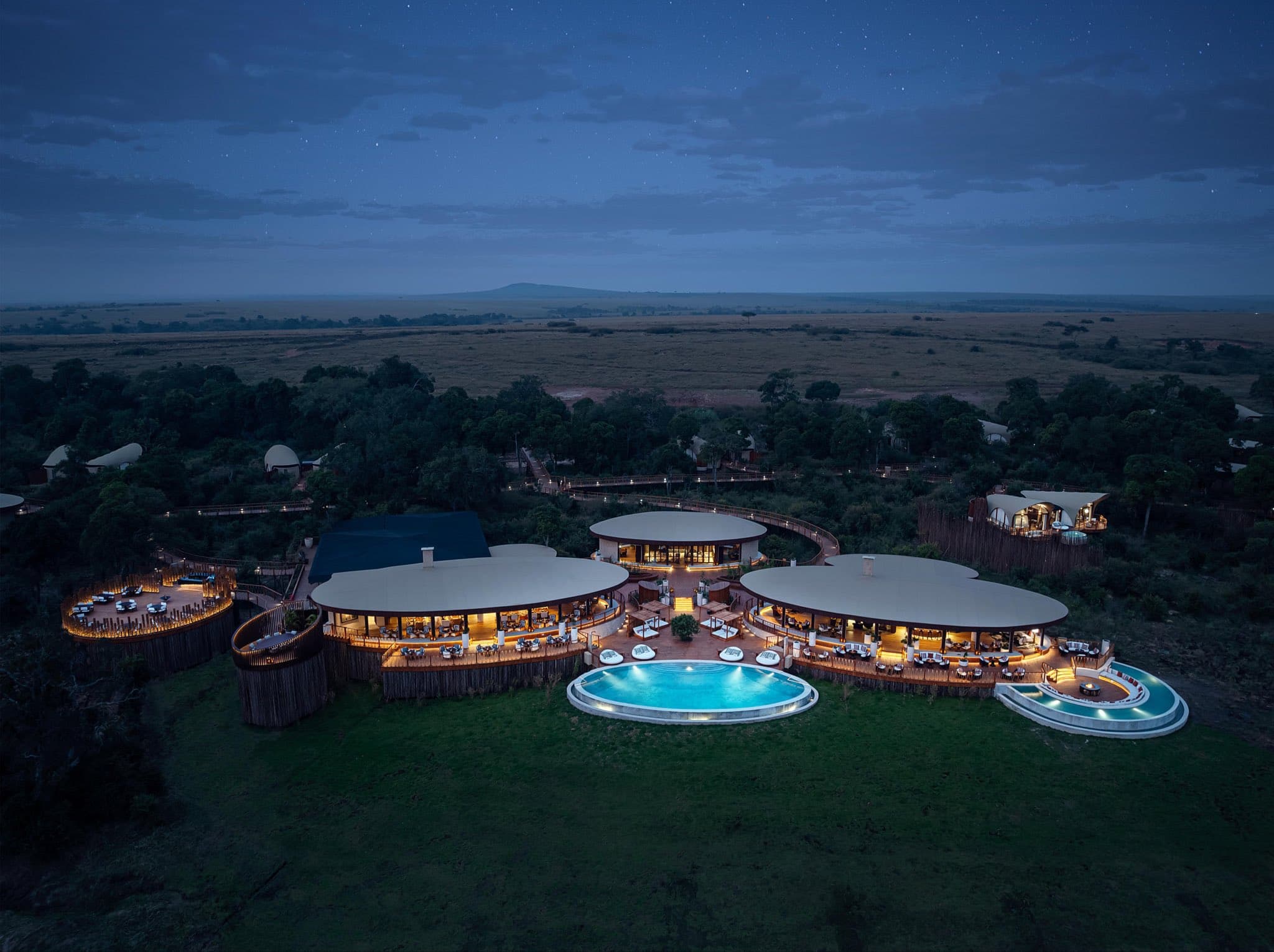We're loading the full news article for you. This includes the article content, images, author information, and related articles.
The Kenya Wildlife Service has dismissed viral videos alleging the new luxury Ritz-Carlton Safari Camp is blocking the wildebeest migration as misleading and outdated, insisting the lodge poses no threat to the world-famous spectacle.

The Kenya Wildlife Service (KWS) has forcefully refuted a viral social media campaign suggesting a new high-end tourist camp in the Maasai Mara is obstructing the great wildebeest migration.
In a statement issued Thursday, the wildlife authority labelled the allegations against the Ritz-Carlton Safari Camp as "misleading," noting that many of the videos and images circulating online are from historical incidents in 2018 and 2020, presented out of context. This comes after footage showing wildebeest appearing hesitant to cross a river sparked public outrage and renewed debate over development in Kenya’s most vital tourism ecosystem.
The core of the issue is whether the new luxury camp, with rooms reportedly costing around $3,500 (approx. KES 454,300) per night, threatens the integrity of one of the planet's most celebrated natural events. For Kenya, the migration is not just a natural wonder; it is a cornerstone of a tourism industry that provides thousands of jobs and crucial foreign exchange.
KWS has anchored its defence in decades of scientific data. The agency emphasized that the Ritz-Carlton is situated in a "designated tourism investment low-use zone," as stipulated in the Maasai Mara National Reserve Management Plan for 2023-2032. This plan, KWS noted, was developed through extensive ecological assessments.
Furthermore, the agency cited over two decades of evidence to counter claims that the camp blocks a specific corridor. Key points from their findings include:
The wildlife service also suggested the campaign may be fueled by "competing commercial interests" within the lucrative Mara tourism sector.
Despite KWS's firm stance, some conservation groups remain unconvinced. An active lawsuit, filed in August 2025 by the Maasai Education, Research and Conservation Institute (MERC), seeks to nullify the camp's lease. The suit alleges that a credible Environmental Impact Assessment was not made public and that the development violates a moratorium on new tourism facilities within sensitive areas of the reserve.
Critics argue that the rapid expansion of tourism infrastructure—from 95 camps in 2012 to 175 by 2024—is placing unsustainable pressure on the fragile ecosystem. They contend that any new development in a critical wildlife area, regardless of zoning, adds cumulative stress on habitats and animal behaviour.
As the debate continues, the situation highlights the delicate balance between generating tourism revenue, which supports local livelihoods and conservation itself, and protecting the very wilderness that draws visitors from across the globe. For now, the official word is clear: the migration is not under threat from this development. But the questions it raises about the future of the Maasai Mara are far from settled.
Keep the conversation in one place—threads here stay linked to the story and in the forums.
Sign in to start a discussion
Start a conversation about this story and keep it linked here.
Other hot threads
E-sports and Gaming Community in Kenya
Active 9 months ago
The Role of Technology in Modern Agriculture (AgriTech)
Active 9 months ago
Popular Recreational Activities Across Counties
Active 9 months ago
Investing in Youth Sports Development Programs
Active 9 months ago